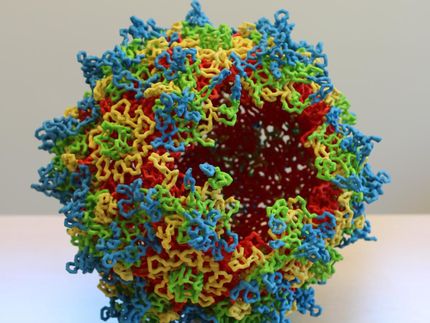Japan and Singapore Grant CRISPR Patents to Merck
Advertisement
Merck announced that the Japan Patent Office and the Intellectual Property Office of Singapore have each allowed the company’s patent application for the use of paired CRISPR nickases, bringing Merck’s number of patents to 22 worldwide.
“Paired nickases represent a significant step in increasing specificity through a highly flexible and efficient approach to reduce off target effects in gene editing,” said Udit Batra, member of the Merck Executive Board and CEO, Life Science. “Merck’s technology improves CRISPR’s ability to fix diseased genes while not affecting healthy ones, therefore improving the accuracy of potential gene therapy treatments.”
These patents cover a foundational CRISPR strategy in which two CRISPR nickases are targeted to a common gene target and work together by nicking or cleaving opposite strands of a chromosomal sequence to create a double-stranded break. This process can optionally include an exogenous or donor sequence for insertion in the same manner as Merck’s patented CRISPR integration technology. The requirement of two CRISPR binding events greatly reduces the chances of off-target cutting at other locations in the genome.
In addition to Japan and Singapore, Merck has CRISPR-related patents in the following regions: Australia, Canada, China, Europe, Israel, South Korea and the U.S. The company was awarded its first foundational patent in Australia covering CRISPR integration in 2017, and its first U.S. CRISPR patent for proxy-CRISPR in 2019.
Other news from the department politics & laws
Most read news
More news from our other portals
See the theme worlds for related content
Topic world Gene therapy
Genetic diseases once considered untreatable are now at the center of innovative therapeutic approaches. Research and development of gene therapies in biotech and pharma aim to directly correct or replace defective or missing genes to combat disease at the molecular level. This revolutionary approach promises not only to treat symptoms, but to eliminate the cause of the disease itself.

Topic world Gene therapy
Genetic diseases once considered untreatable are now at the center of innovative therapeutic approaches. Research and development of gene therapies in biotech and pharma aim to directly correct or replace defective or missing genes to combat disease at the molecular level. This revolutionary approach promises not only to treat symptoms, but to eliminate the cause of the disease itself.





















































